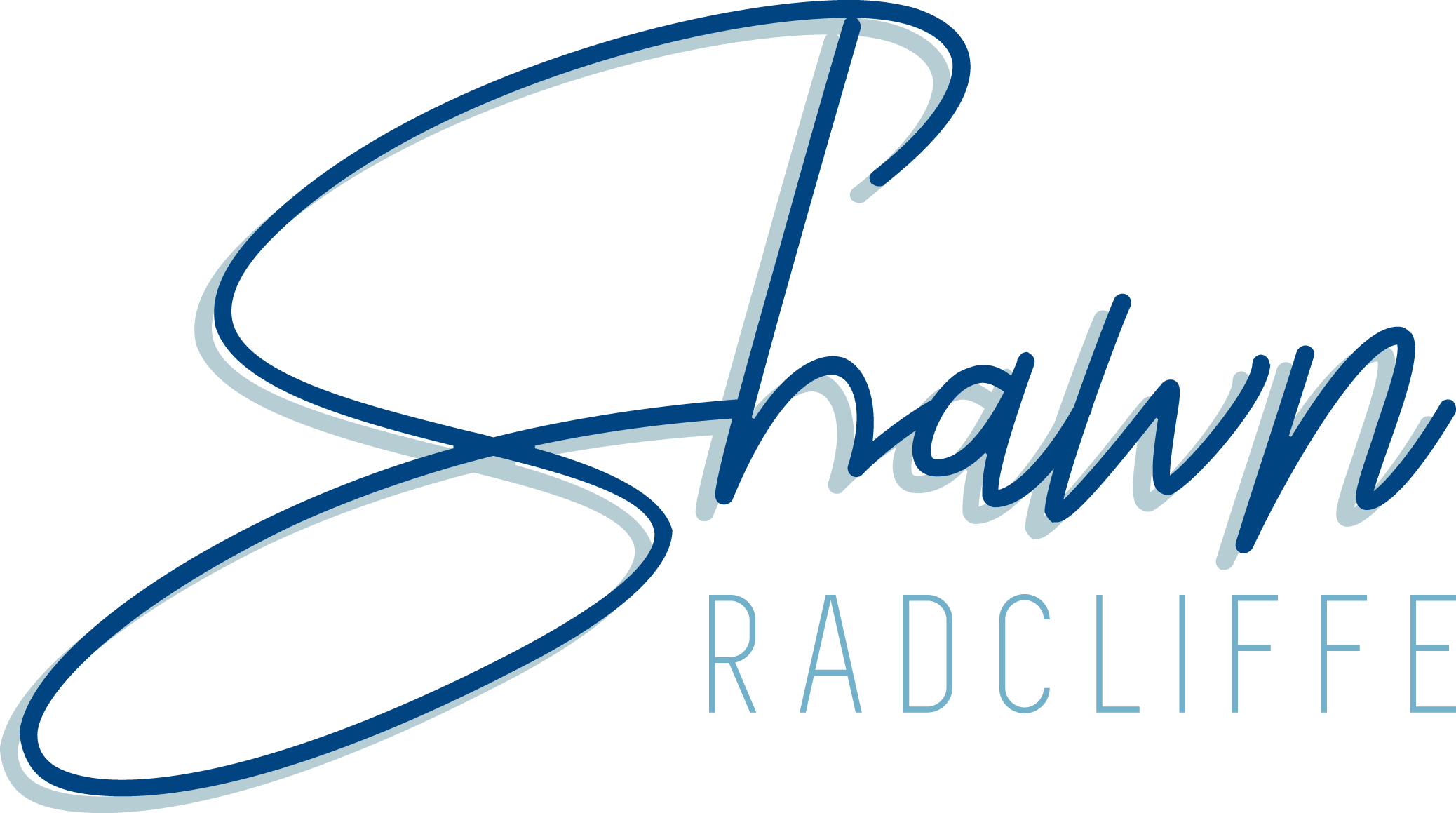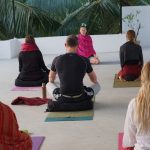As a health and science writer, people frequently ask me questions about diet, exercise and medical conditions. It’s not surprising. In an age of Wikipedia and WebMD, people who want to take control of their health may be just as likely to reach out to their Facebook friends for relief from a strange ache or pain than to wait several weeks to get an appointment with their doctor.
These questions are nothing new for me. When I started teaching yoga (before I had become a freelance science writer), my students would often ask me what pose worked best for any number of conditions—a sore back or bad knees, high blood pressure or low blood pressure, migraines or even bunions.
While many yoga poses are useful for specific conditions (although I never did find one specifically designed to alleviate bunion suffering), my answer always included some form of: “I’m not a doctor.” It’s the same caveat that I include when people ask me (the science writer me) questions about their diet and health.
I do know a lot about health and medicine. And with a few hours of research, I can usually sum up whatever condition you’re asking about, along with possible treatments. But my job isn’t to diagnose medical conditions or prescribe treatments (especially in email or on Facebook).
Does that mean my advice is useless? Not at all. I may not be a doctor, but I’d like to think that I am a few steps up from a Wikipedia self-diagnosis. Mostly, though, what I have to offer is not so much a diagnosis as a way for you to think about your health.
To paraphrase the old saying:
Give a person a diagnosis, and you treat her for a day; show her how to think about healthy eating and living, and you help her take control of her health for a lifetime.
Take Control of Your Health Today and For the Long Run
To get you started, here are some tips on how to take control of your health. These are things that I keep in mind whenever I write articles about the latest health developments or answer people’s questions about specific diets. Nothing flashy, nothing fancy. Just the healthy basics.
Talk to your doctor. This should always be step one. If you have any symptoms that concern you, talking to your doctor is the fastest way to find out if that tingling in your fingers or the daily headaches is a serious problem. But don’t wait until something is wrong to make an appointment with your doctor. Regular check-ups can head off many chronic diseases like obesity, heart disease and type 2 diabetes.
Beware of “so-and-so swears by it” cures. I had a yoga student ask me if I thought toe shoes (the kind with individual spots for each toe, like a glove) would make you healthier. One of her friends had been wearing them for a few months and all of his illnesses had magically gone away. Based upon one person, it’s hard to tell if it really was the toe shoes that made him better (or even if he got better, or just thought he did), which brings me to …
Look for science-based treatments. Science doesn’t know everything, but it knows quite a bit. Would you take a heart disease or diabetes drug that hadn’t been scientifically tested by the pharmaceutical company? Probably not. So why drop down hundreds of dollars each year on special nutritional powders or factory-prepared frozen dinners based just upon a company’s testimonials (of course they are going to say it works!). To know which treatments or diets have scientific studies to back them up, ask your doctor, check PubMed or look on reputable health websites like Mayo Clinic.
Listen to your body. Think of your body as one of the most sophisticated medical devices, with a vast number of sensors providing you with information on your health. Why do you think your doctor always asks you “How do you feel?” Your body is especially important when it comes to making changes in your diet. If you feel sick after eating a certain food, such as wheat, maybe you should consider avoiding it. If you don’t feel sick, then it might not be the cause of your problems (no matter what your friend or the latest New York Times #1 Bestselling Book says). If in doubt, ask your doctor. In fact, you should check with your doctor or a registered dietician whenever making drastic changes to your diet to avoid eliminating necessary nutrients.
Eat more vegetables. Yes, your mother really was right. Diet fads come and go. Eggs are bad … wait, eggs are good. We should eat like cave people … no, we should eat like future humans. We should eliminate all sugar … no, we should eliminate all wheat. But when it comes to vegetables, you can almost never go wrong by adding more to your diet, provided they are fresh and unprocessed. Vegetables are full of vitamins, minerals and other micronutrients that improve health.The good thing is, when you include more fresh vegetables in your diet, you automatically eat less of other foods that might not be as good. Fill up on vegetables first and you may be less likely to eat junk food or half a loaf of bread at each meal.
Listen to the Buddha. When one of the Buddha’s disciples asked about the pathway to enlightenment, he described it as being like a musician tightening the strings of a lute. Too loose and too tight don’t work. For the perfect lute sound you have to find the Middle Way. It’s the same with your health. Tomatoes are good for you, but if that’s all you eat, you will get sick. Protein is also good, but if you shun vegetables for steaks and pork chops, you will be missing out on beneficial antioxidants. Plus, moderation is actually easier to maintain over the long run (unlike the extreme fad diet that you ditch in a few weeks). And when it comes to your health, it’s all about the long run.
_____
Photo: Healthy Living: table filled with fresh fruits (Flickr by decor8 holly)







